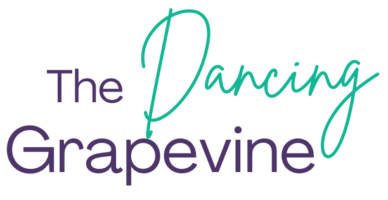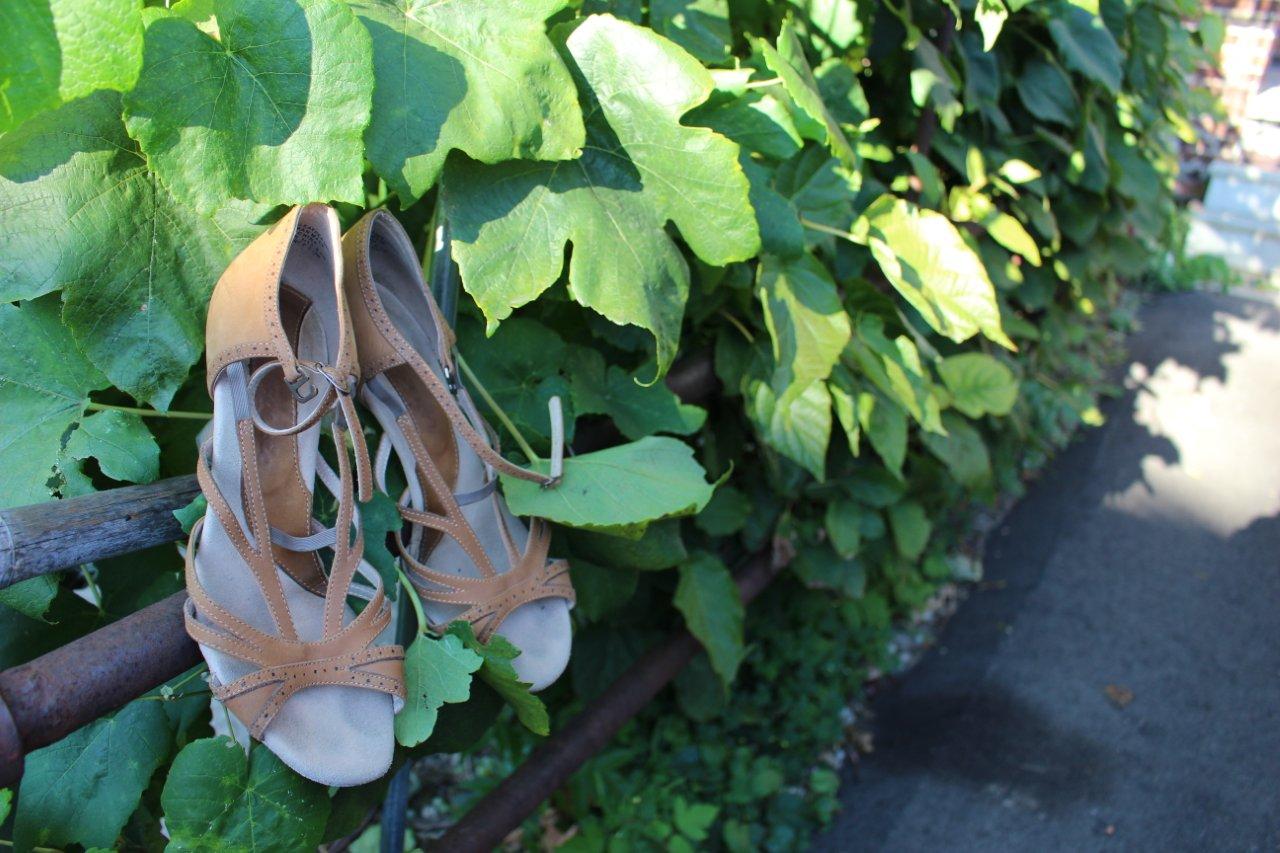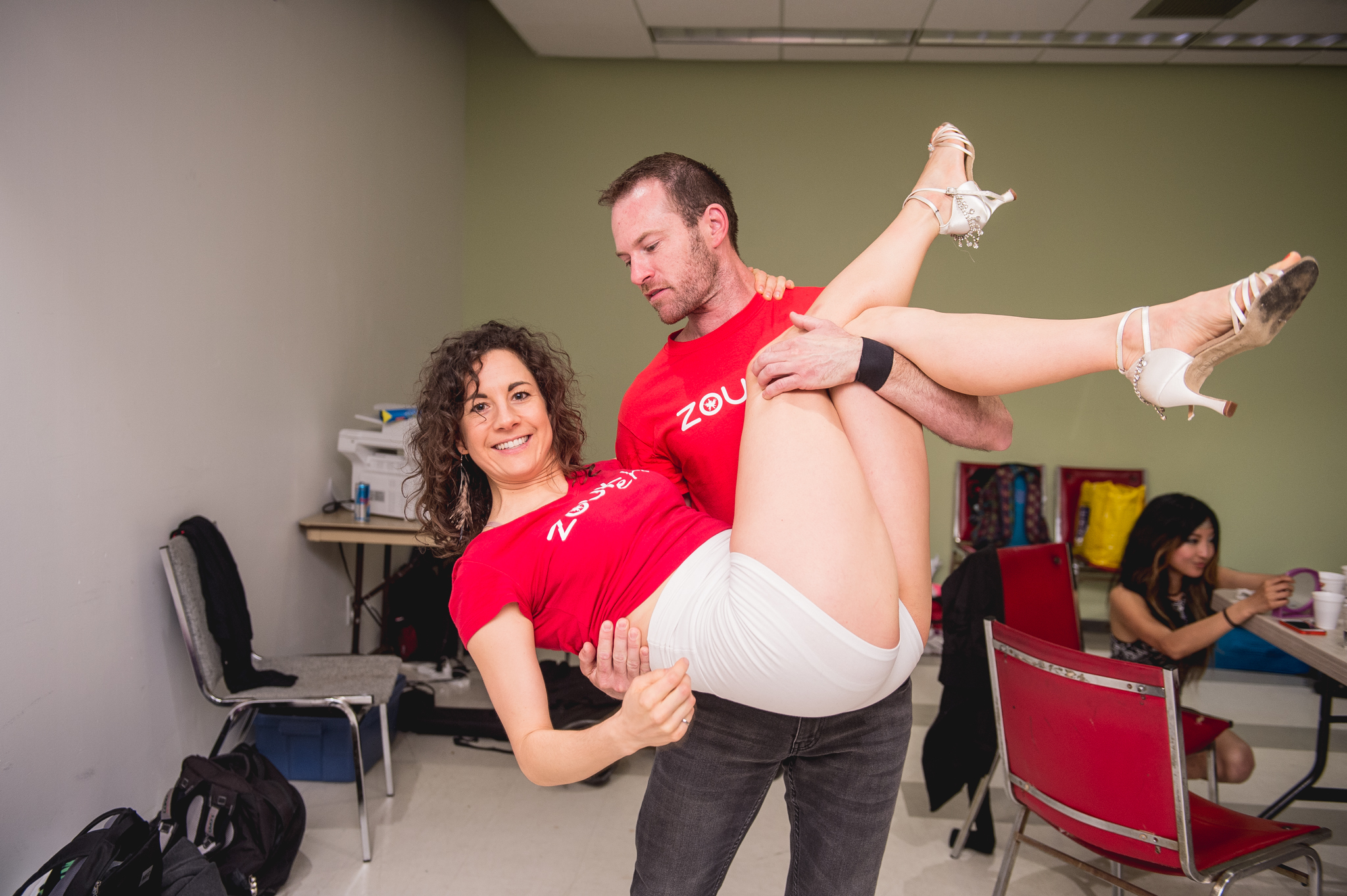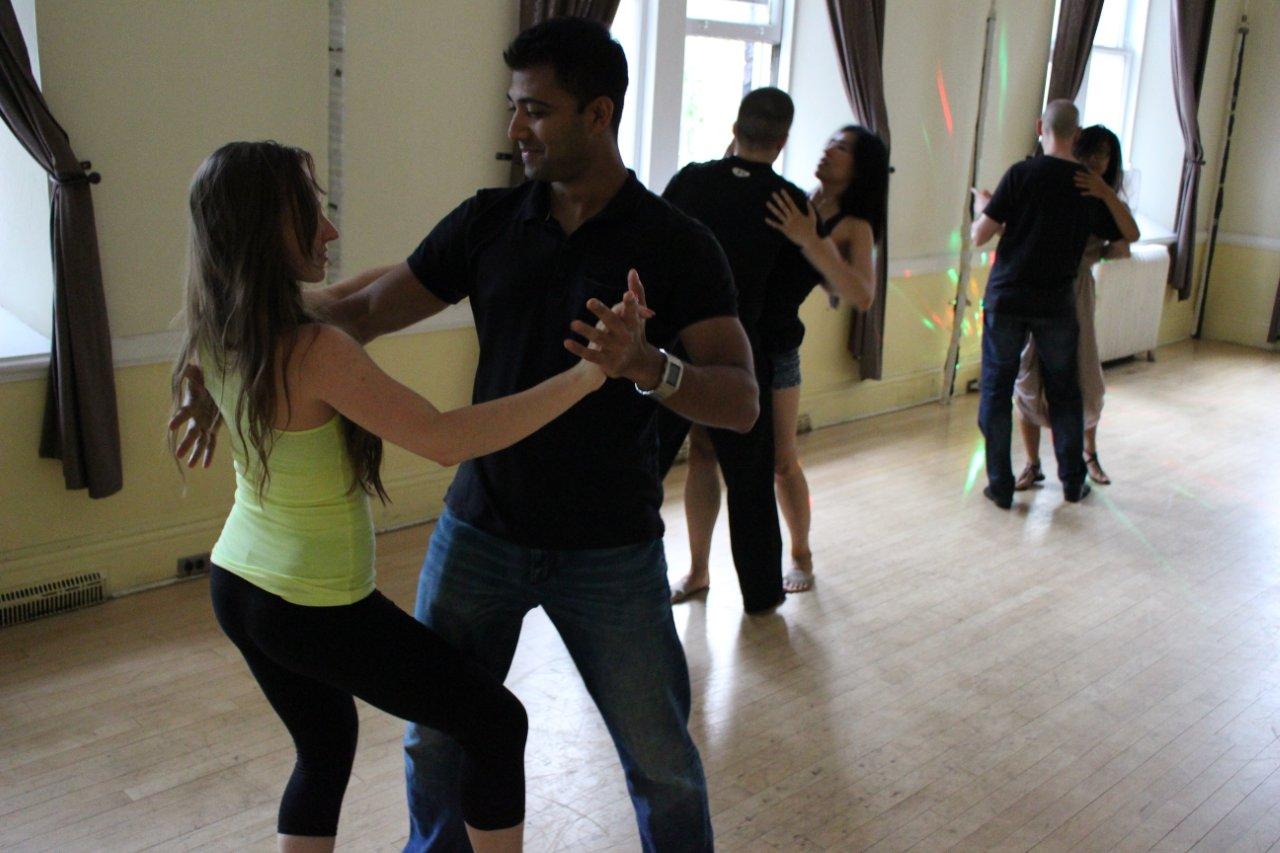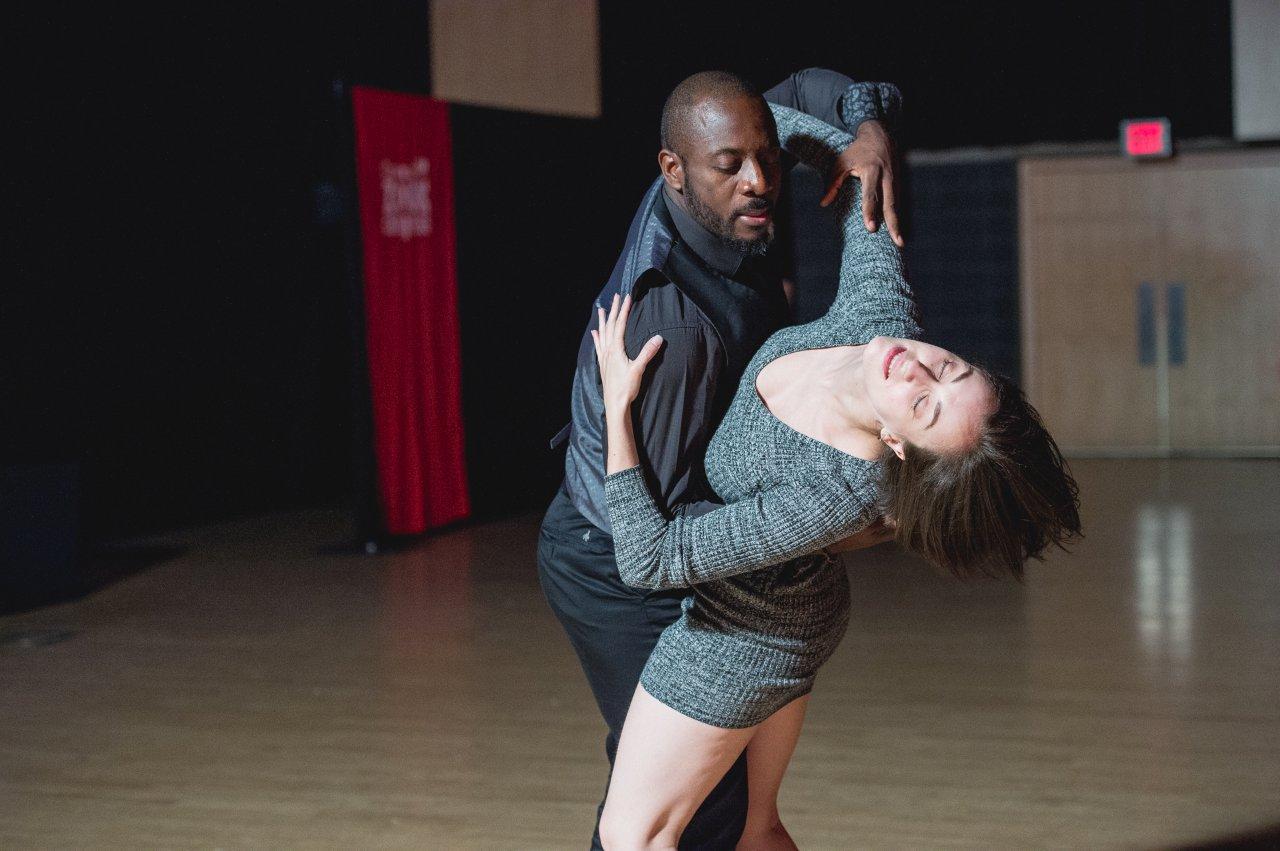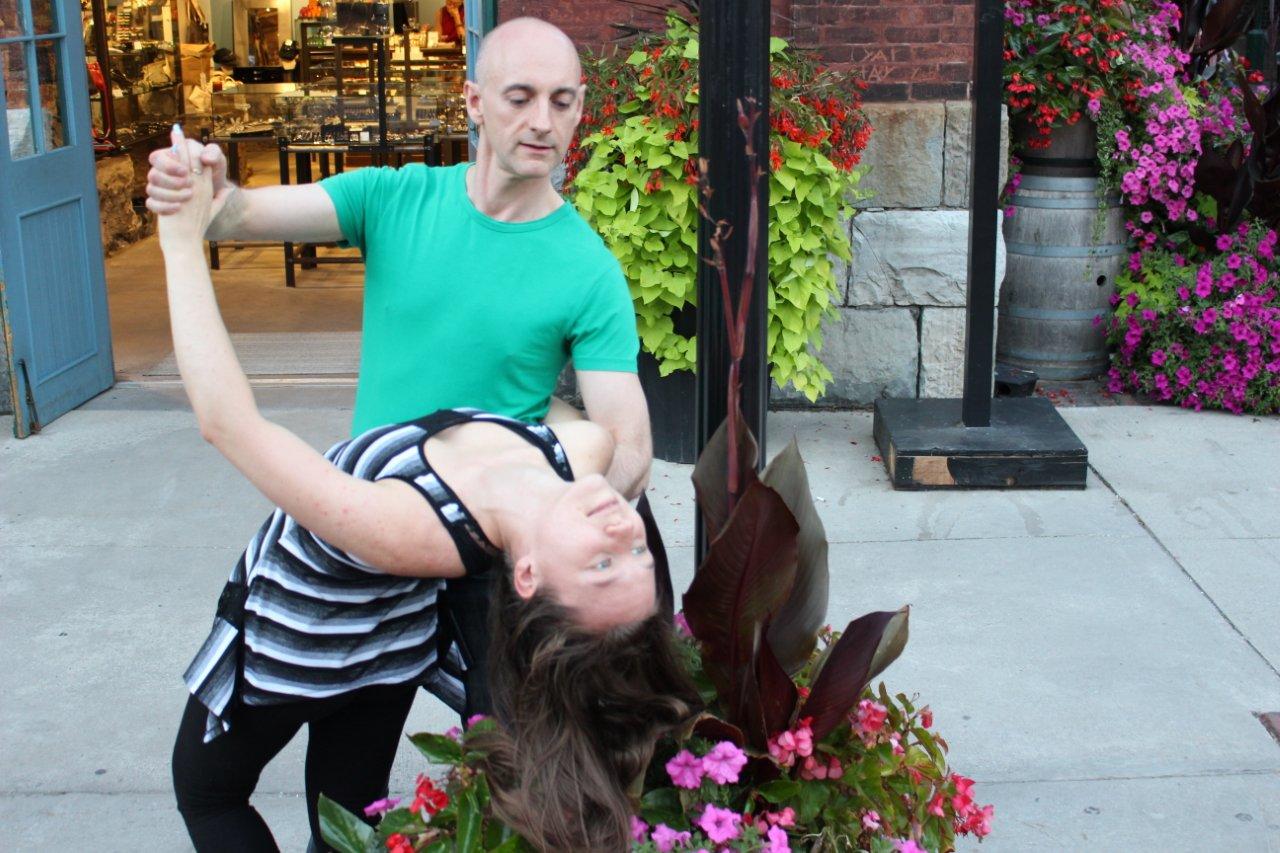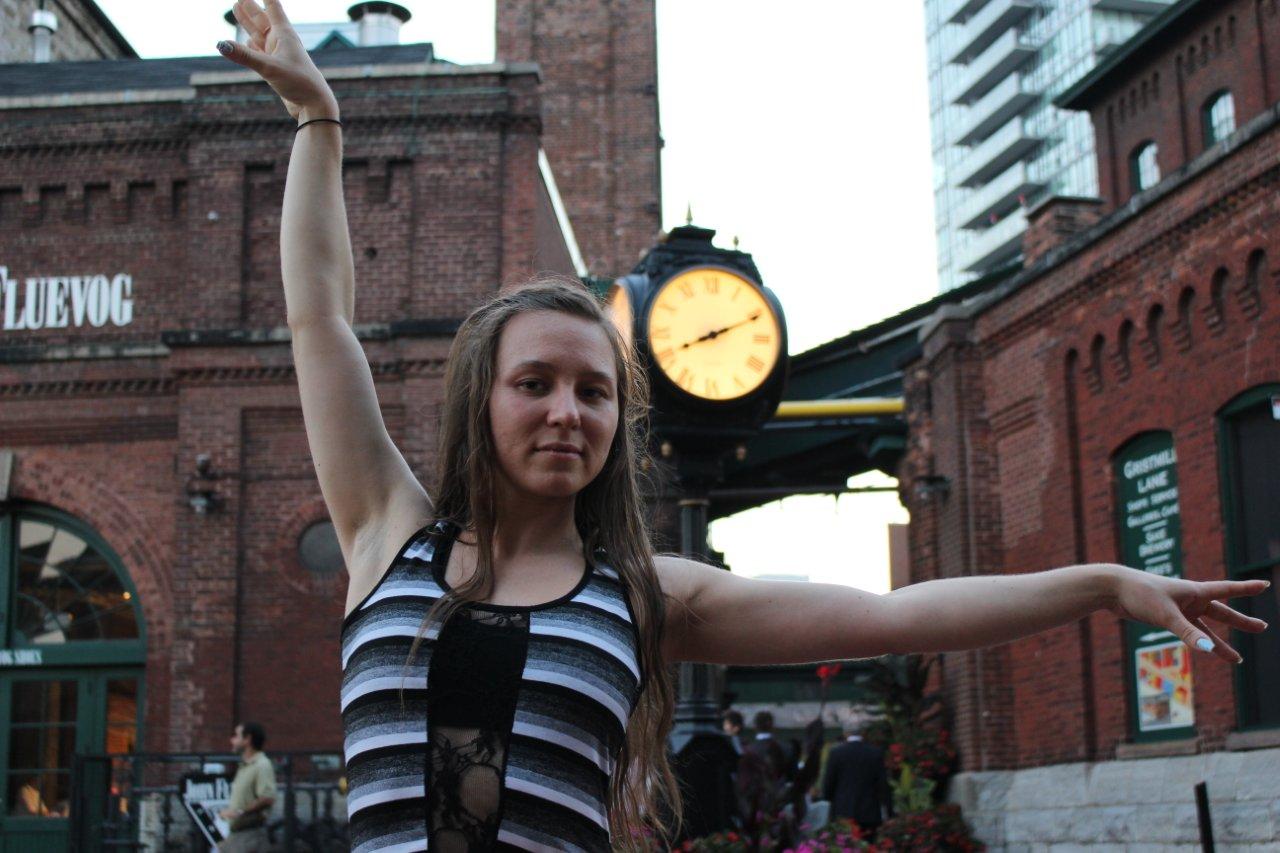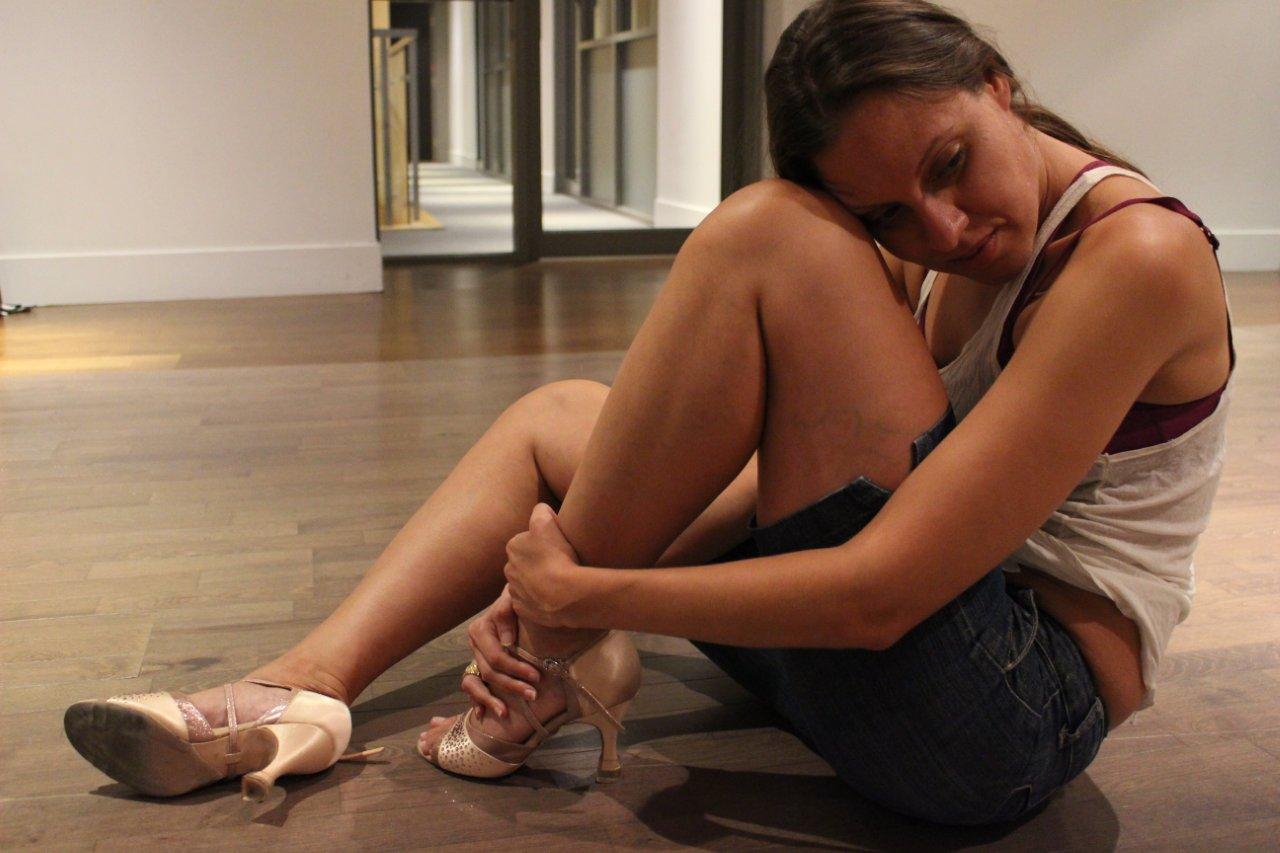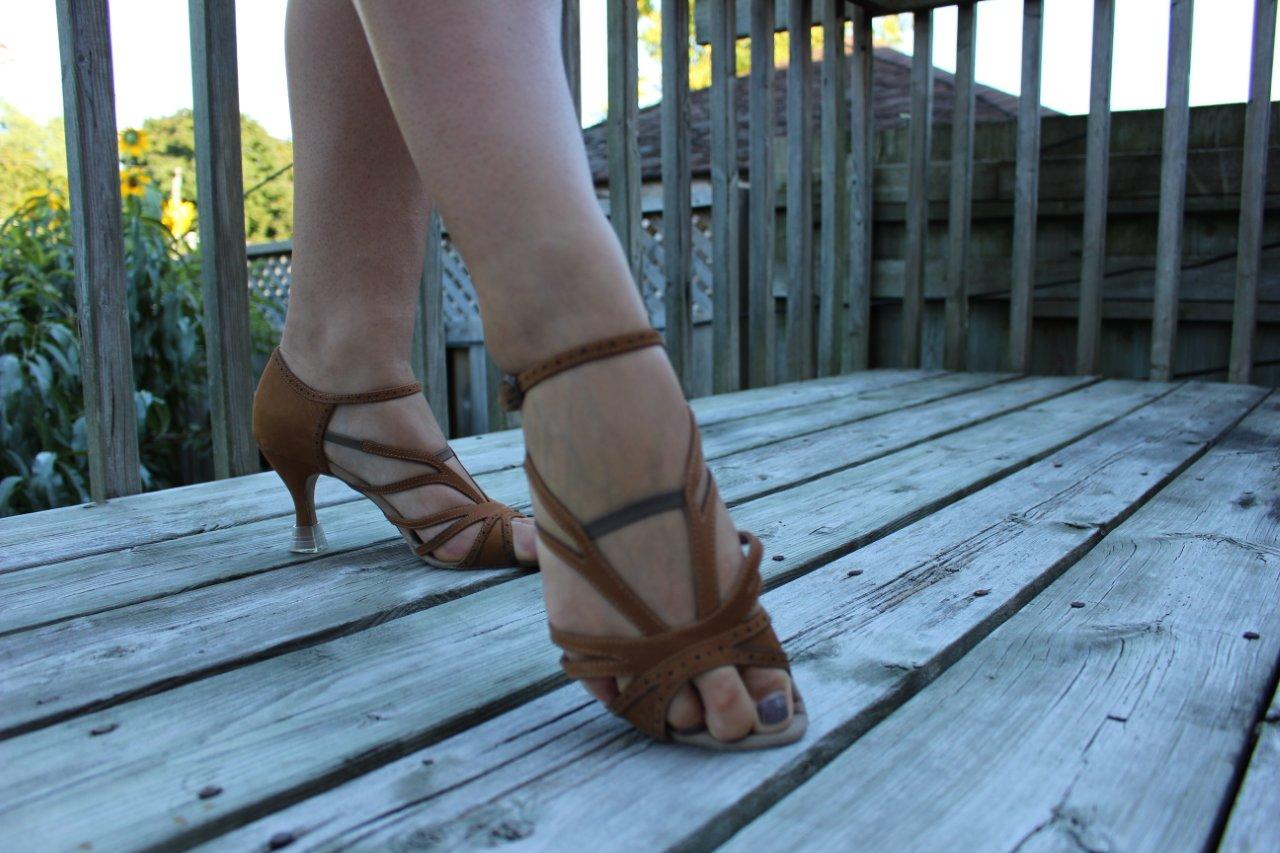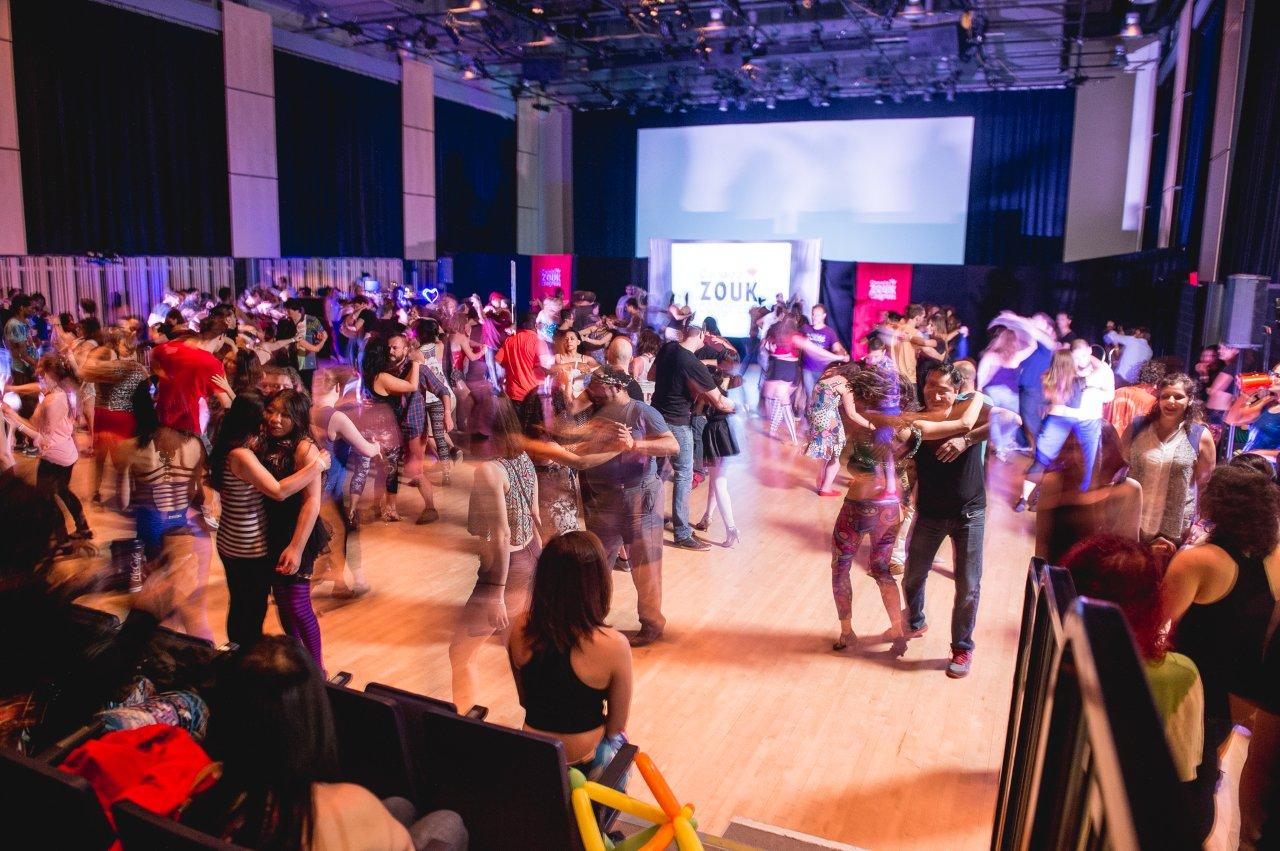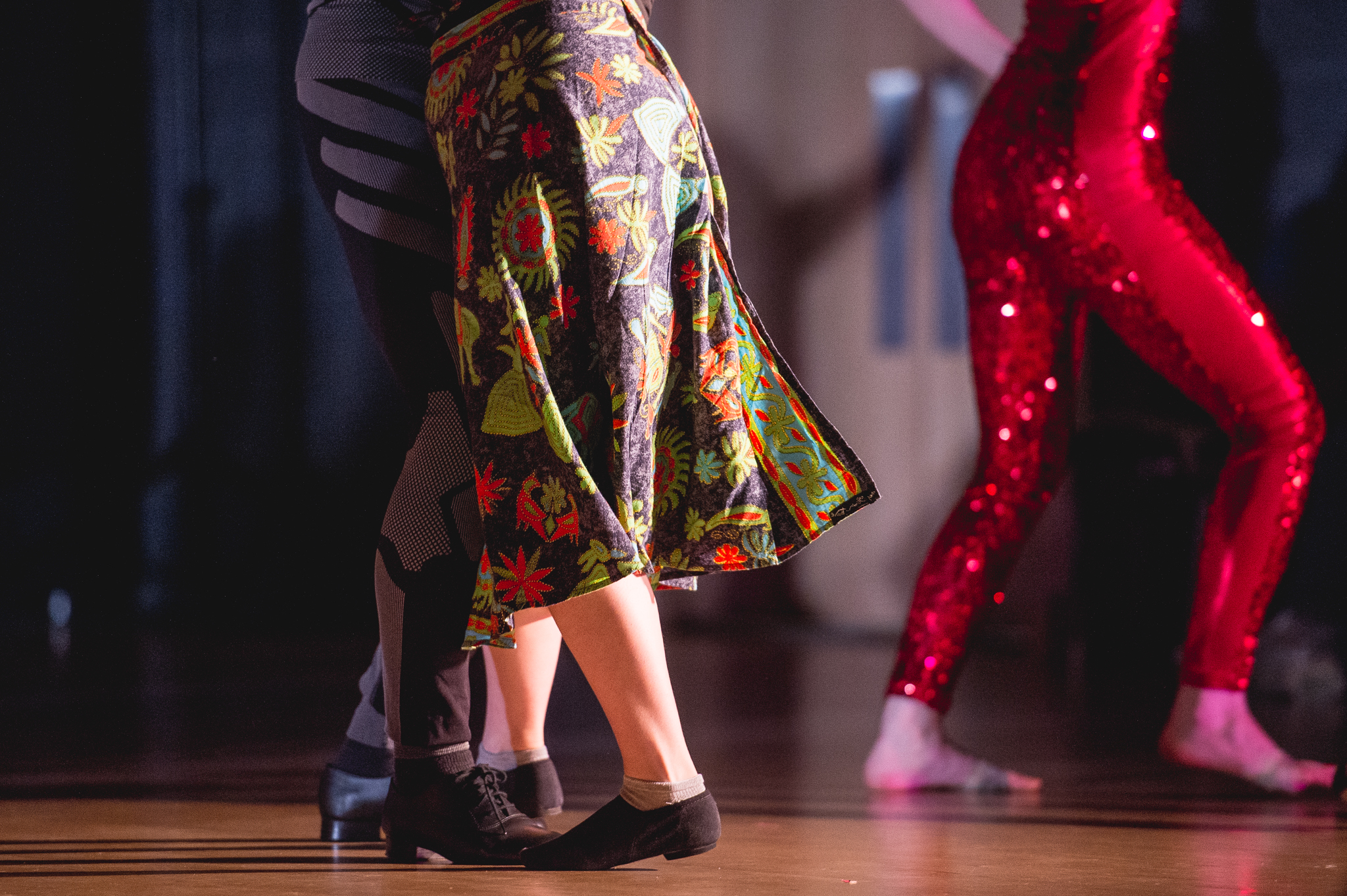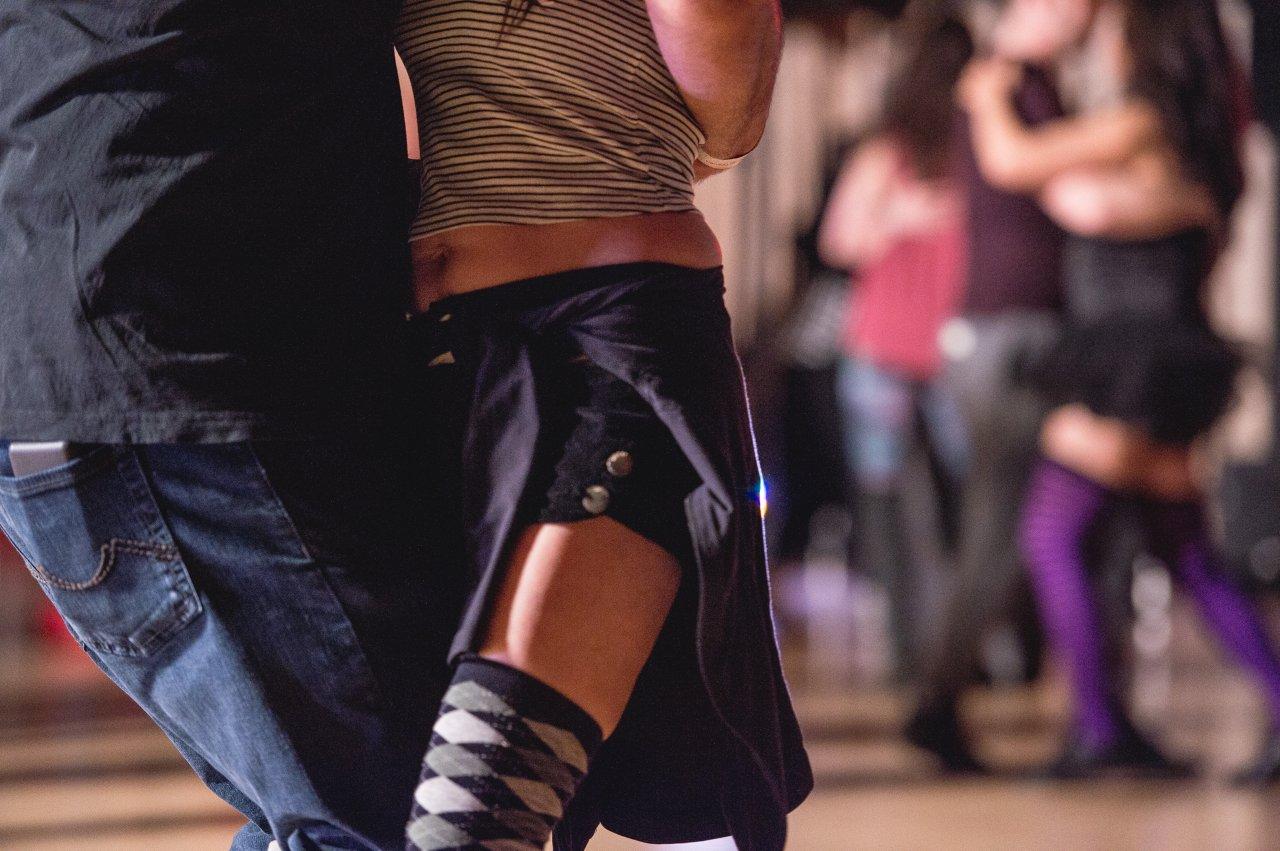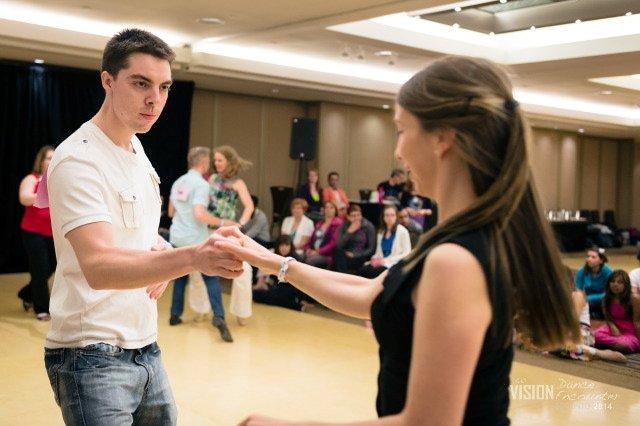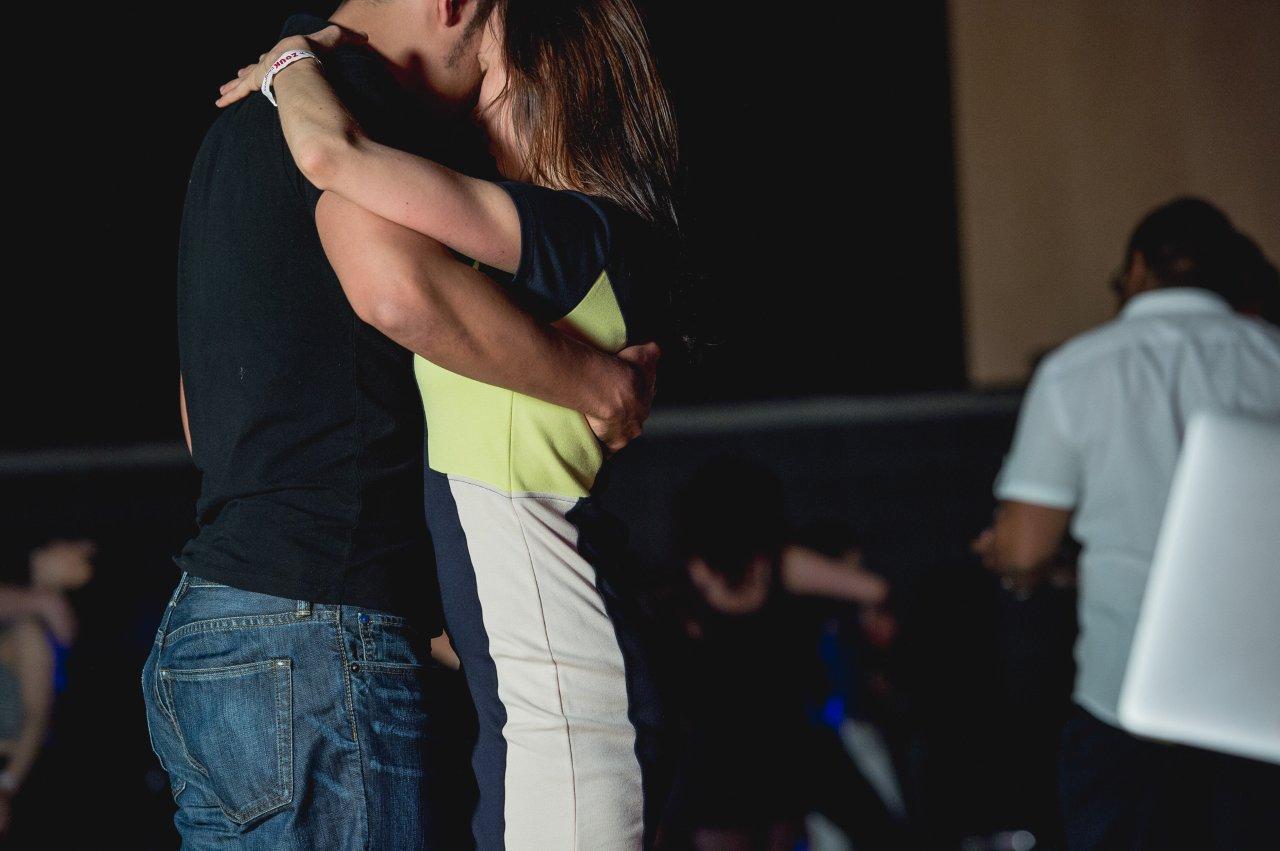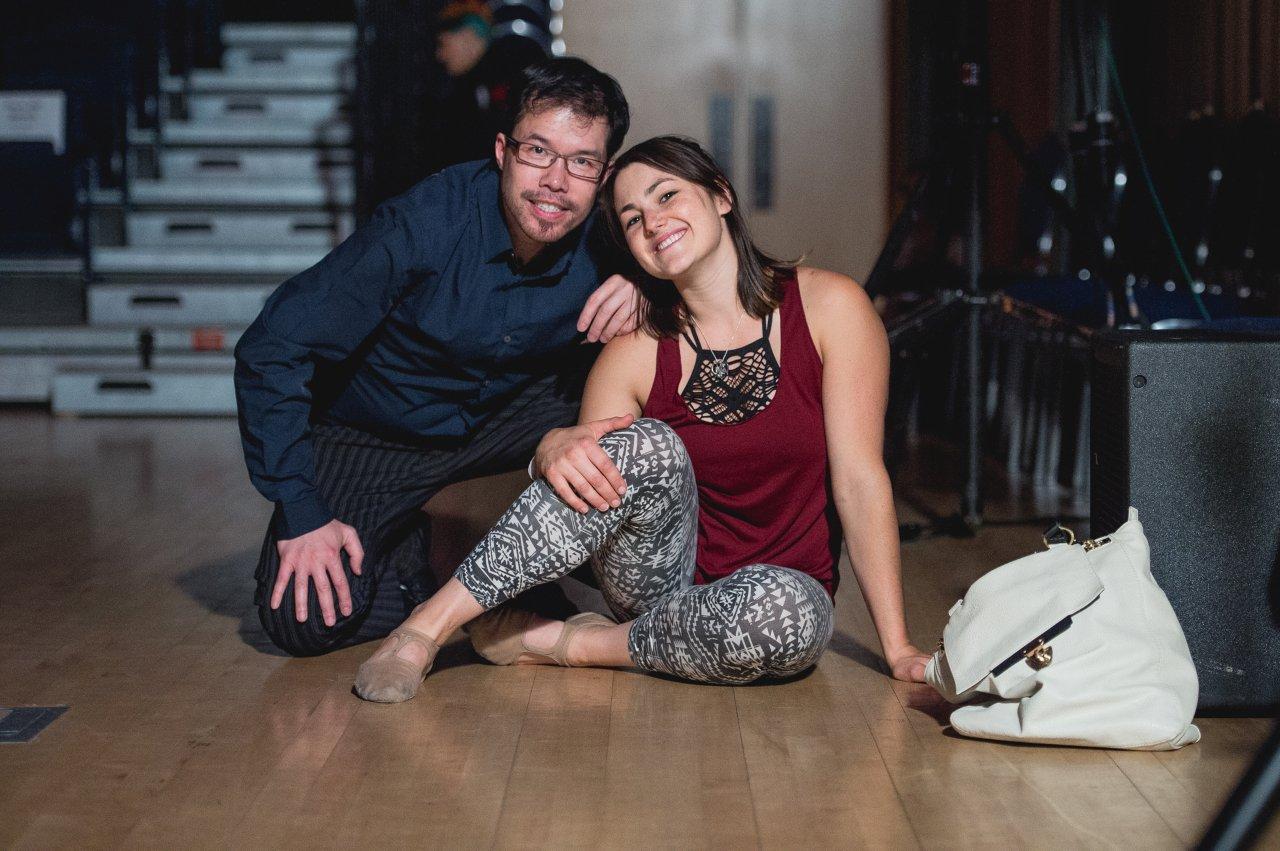As social dancers, we navigate a complex world of body language and social relationships. Sometimes, we successfully figure them out. Other times, we don’t. This “Bill of Rights and Obligations” is designed to give all dancers a guideline for how they should expect to be treated, and how they are expected to treat others. Note: “expect to be treated” doesn’t mean that you will be treated that way – but it does mean that if you are not treated that way, it is wrong and should not be tolerated. Bill of Rights You always have the right to: Be treated with human decency at…
-
-
The idea that lifts shouldn’t be done on the social floor is well-known. I agree with this, the vast majority of the time. But, every time we mention that it’s a no-no, there’s some lead out there who knows this one person follows are happy being lifted by. And, they want to do it too. So, let’s go through all the things a leader must do in order to lift someone on the social floor in an acceptable way. If even one of these pieces is missing, you are not in a position to do lifts in a social dance-acceptable way. You may be…
-
So, you’re ready to start social dancing! Maybe you’ve taken a few classes, or perhaps you have a friend who is dragging you out one night this week. Whatever the reason, I hope you have an awesome time. Before you go social dancing, let me help you understand what you should think about before you hit the dance floor. If it’s your 1st time Dancing If you have never danced before, try to find a venue that has a free class beforehand. It makes it significantly easier to meet other people and to navigate the dance floor. Or, go with…
-
I was speaking with a dancer a few days ago. She was learning how to lead, but was scared of being ‘too strong’. Part of the fear stemmed from the idea that good follows prefer ‘light’ leads to ‘strong’ leads. So I asked her about a particular, very well-loved lead. She said she does enjoy dancing with him. I asked her if she would consider him a ‘strong’ lead. Her answer: “yes.” This is, of course, a conundrum. If a follower enjoys a lead they consider ‘strong’, but doesn’t like ‘strong’ leads, there’s something that needs to be redefined. In this first…
-
When I’m not dancing, I currently work on making plain-language legal resources. This means that I write things that are supposed to be easy to understand for people without advanced English language skills. Today, I had a thought: what if we apply the concepts of plain-language communication to social dancing? What if we had plain-language dancing? What is Plain-Language Communication? Put simply, plain-language communication is when your audience can understand something the first time they read or hear it. It’s making things as simple as possible for your audience. If you have to read something more than once to understand it, it isn’t…
-
Are you someone who constantly feels like you’re ‘taking one for the team’ when you go dancing or get involved in the community? You might be a dance martyr. Dance martyrs are characterized by feeling like they’re sacrificing their own joy, standard of living, or other happiness by giving back to the dance scene. Dance martyrs can be anyone. They can be the dancer who begrudgingly accepts every dance – even if they didn’t want to. It can be the volunteer who makes the organizer feel guilty asking for help. It can be the professional who makes people feel obligated to support…
-
Sidenote: I’m glad people are finding this article useful. But, if you are reposting or resharing, please link and credit the original article. We love to joke about being ‘dance addicts’. We’re even proud of it. We glorify flying to other continents to pursue our hobby. We see world-famous dancers with 2 or 3 full Facebook accounts full of fabulous people. We laugh about spending more time on dance-related activities than our day jobs. I’m one of them – and I’m happy to be. It has given me an international network of great friends. It has challenged me physically and mentally. It…
-
I was once the girl who though I danced better than I actually could. And you know what? Most of you probably were, too. Several of you probably still are. Yes, there are a few people who are (sometimes too) humble. I’ve had students where I just wish they could get a shred of self-confidence to go with their dancing. But, I’d say it’s not the majority. Most students go through a period of know-it-all-ness. It’s just the way things work. (I like to refer to this as the ‘teenager’ dance period.) So, let’s go through a personal case-study of me, who thought she could…
-
When someone tells you they’ve been dancing for 10 years, do you automatically expect that they’ll be a great dancer? I used to. But, I’ve realized that there can be a massive difference in skill level between people who have been dancing the same length of time. That difference is primarily due to the difference between passive ‘experience’ and active ‘training’. Dancers Under 1 Year Before the first year mark, there’s not as much variation in levels. There are some who are stronger, and there are others who struggle more – but they generally have a similarly shallow pool of knowledge.…
-
There’s a note circulating online about the ‘sexual’ nature of festivals. Specifically, it’s about how three women got pregnant at a recent festival in Europe. The note also touches on the power dynamics between professionals and attendees, as well as how many events are marketing the ‘sexy’ slant. While all of these things do happen at some events, I think the conversation requires some clarification. Part of this is in service of beginners who are entering the festival circuit for the first time. I know I wouldn’t go to congresses if I though it was all sex – I just want to dance! 1. Not…
-
We’ve all been social dancing and had some quirky moments. If we’re lucky, we’ve avoided complete embarrassment. But, not all of us are so lucky. Here are are a few embarrassing moments, courtesy of our fellow social dancers (and me): Peek-A-Boo “I was once dancing with my biggest dance-crush (and real crush) while wearing a flowy top. The back of the shirt was only connected at the neckline. It was the first time I wore that shirt social dancing. About halfway through the dance, the lead turned me. As he went to move to close hold, my shirt managed to flip…
-
This is probably going to be a polarizing article. I’ve tried to write an article like this for a long time – but could never find the words.
-
When we start social dancing, we go through a period of time where we feel like all our mistakes are under a microscope. We feel that, whenever we mess up, all those people who are sitting down at the social are judging us. Perhaps they’re thinking “How could you mess up the basic timing?” or “I can’t believe you can’t properly do that move yet. Amateur.” These feelings can lead to a massive amount of pressure. They can lead to newbies who are afraid to take to the floor, and experienced dancers feeling pressure to ‘perform’. But, in the end……
-
It is a well-known fact that there are a lot of people who start dance to meet people – with an eye towards dating. Does that mean that social dance is all about the sex? Is it all about finding romantic partners, either short or long term? Or is it something else?
-
Being a social dancer is a fantastic thing. It means that you feel, deep in your core, a desire to connect with other human beings. It means you have a desire to be empathetic, caring, and in tune with the energy around you. We desire to create, channeling our energy into a beautiful experience that is always present and never replicated in any other place. And, unlike many things, we choose to create these magical experiences with a partner.
